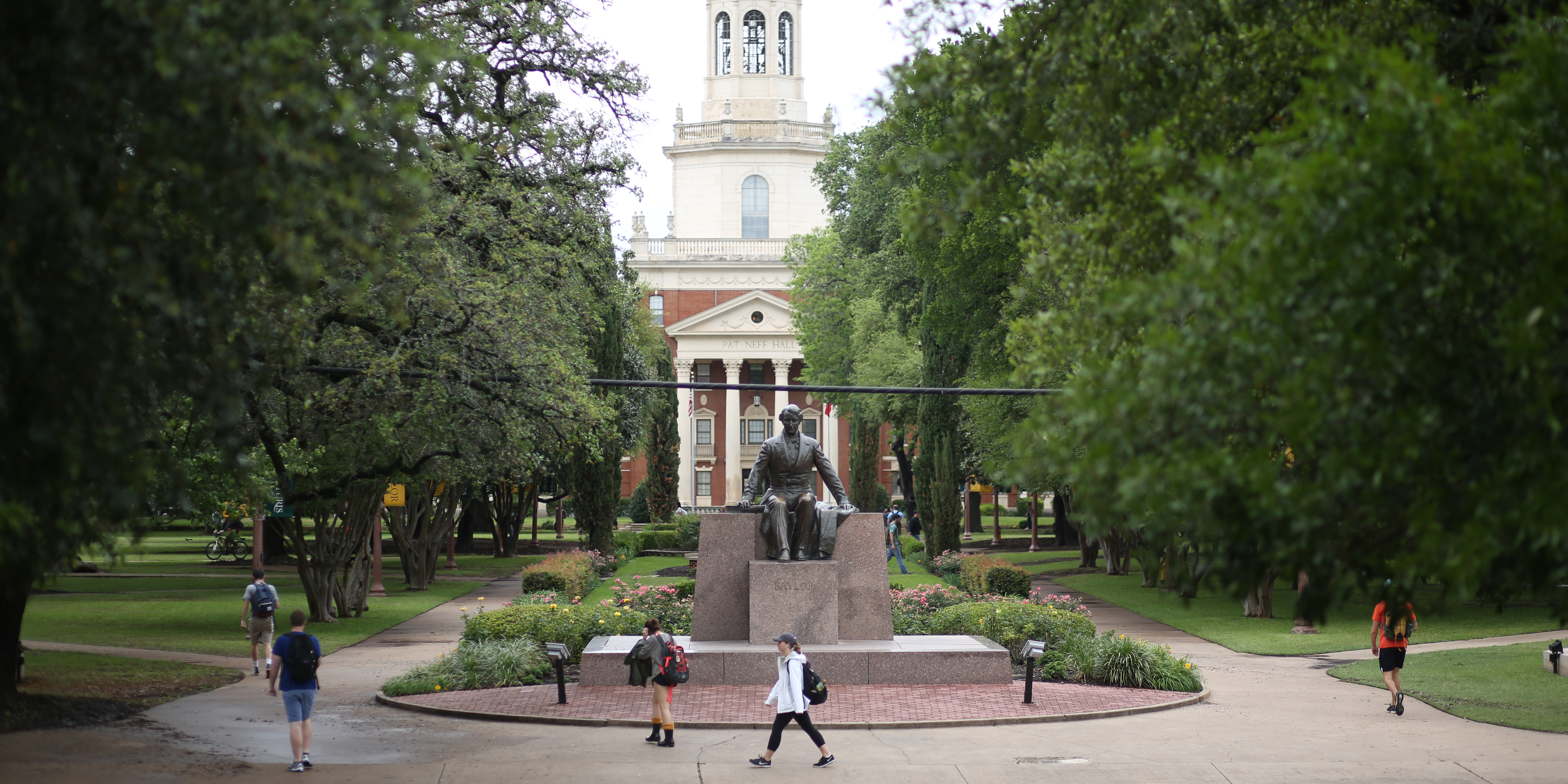How Baylor has changed over the past year to address sexual assault

About a year ago, we wrote about what it means to be BaylorProud, even in disappointment. How could we be proud of a university that had fallen so far short of the standards it sets for itself? The answer: by refocusing on our mission: “to educate men and women for worldwide leadership and service by integrating academic excellence and Christian commitment within a caring community.”
Part of Baylor’s commitment has always been about caring for others. In light of what happened in the past, it’s important that, in moving forward, the university focus on doing everything possible to prevent, respond to and support those who encounter sexual violence while a part of our campus community.
That’s exactly what university leadership has done. Here are just some of the changes Baylor has made to better serve and take care of students (you can read more details here):
- In the Title IX Office, Baylor has invested more than $4 million to double its physical space and grow the Title IX staff, making it one of the largest in the Big 12. A new Title IX policy, informed by leading experts in the field, has been approved and implemented. In order to break down potential barriers to reporting, the university has incorporated an anonymous reporting tool, 24-hour access to crisis support, and an amnesty provision.
- In the Counseling Center, Baylor has doubled the number of staff members, exceeding national benchmarks, and almost tripled its physical space. Counselors undergo trauma-informed and PTSD training, and some specialize in trauma recovery. The center has even hired an advocate for students who have experienced sexual assault.
- In the Police Department, Baylor has hired more commissioned officers, and each officer has completed an average of 100 hours of training (more than twice the requirement) on Title IX, the Clery Act, sexual assault and family violence, victim-centered interviewing, and forensic interviewing. Everything BUPD does throughout the reporting process is trauma-informed, including employing a victim advocate to assist complainants throughout the process and recording interviews to make sure victims don’t have to relive their experience more than once.
- In administration, major leadership changes brought in new Baylor President Linda Livingstone, Director of Athletics Mack Rhoades, head football coach Matt Rhule, and the newly created Chief Compliance Officer position. Major changes to the university’s Board structure, based on best practices nationwide, will improve the way the university is governed.
- Across campus, students, faculty and staff are continually being educated on Title IX services, what constitutes sexual assault, what victims need, and how to prevent assault or intervene if necessary. Mandatory Title IX training for faculty, staff and first-year students has been completed. Implementation of the Green Dot program — a prevention program proven to reduce sexual violence by 50%, based on self-reported cases — is underway. And to ensure the training is 100% effective, a student-focused social climate survey was completed this spring, the results of which will shape additional awareness and prevention training and communication strategies.
It’s incredible to see how much has changed at Baylor in such a short time. The commitment to improving our systems, processes and support structures has run across the entire university, as faculty, staff, students and administrators have come together to make our school what it should be. And that is truly something about which we can all be proud.
Sic ’em, Bears!

